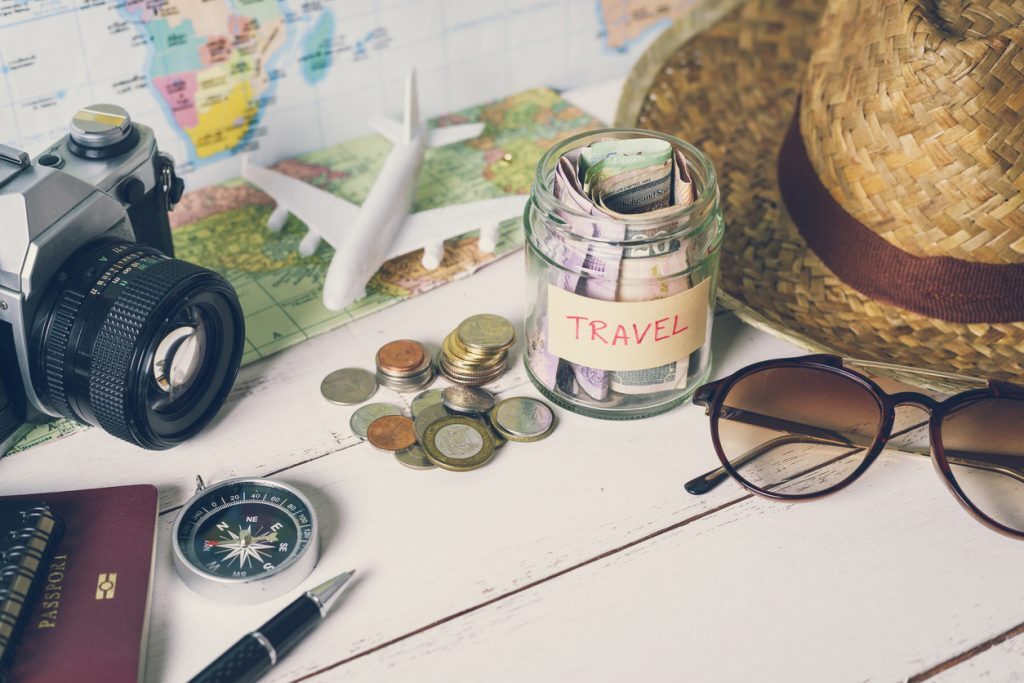Traveling is undoubtedly one of life’s greatest pleasures, but it can also be financially taxing if not managed wisely. Keeping track of your budget while exploring new destinations is crucial to ensure you have a stress-free and enjoyable experience without breaking the bank. Whether you’re planning a weekend getaway or a long-term adventure, here are some smart strategies to help you stay on top of your finances while on the road.
Set a Realistic Budget:
Before embarking on your journey, take some time to assess your financial situation and set a realistic budget. Consider expenses such as transportation, accommodation, meals, activities, and unexpected costs. Having a clear understanding of your financial limits will guide your spending decisions throughout your trip.
Track Your Expenses:
Keeping a detailed record of your expenses is essential for budget management. Use apps or simple spreadsheets to track every penny you spend, including small purchases like snacks or souvenirs. This will help you identify any unnecessary expenses and adjust your spending accordingly.
Prioritize Spending:
Identify the key experiences or activities you don’t want to miss during your trip and allocate a portion of your budget to them. Prioritize your spending based on what matters most to you, whether it’s trying local cuisine, visiting historical sites, or participating in adventure activities.
Utilize Budgeting Apps:
Take advantage of budgeting apps like Mint, YNAB (You Need a Budget), or Trail Wallet to monitor your expenses in real-time. These apps categorize your spending, provide insights into your financial habits, and send alerts when you exceed your budget in certain categories.
Opt for Budget-Friendly Accommodation:
Accommodation expenses can quickly add up, especially if you’re staying in hotels or resorts. Consider alternatives such as hostels, guesthouses, or vacation rentals, which are often more affordable and offer a unique local experience. Websites like Airbnb and Hostelworld can help you find budget-friendly options.
Cook Your Meals:
Eating out at restaurants for every meal can drain your travel budget rapidly. To save money, opt for accommodations with kitchen facilities and prepare some of your meals yourself. Visit local markets to buy fresh ingredients and cook simple yet delicious meals that reflect the region’s culinary culture.
Research Free or Low-Cost Activities:
Explore free or low-cost attractions and activities in your destination, such as parks, museums with free admission days, walking tours, and cultural festivals. These experiences can be just as enriching as expensive ones and will help stretch your budget further.
Be Flexible:
Unexpected expenses are bound to arise during your travels, so it’s essential to remain flexible and adapt to changing circumstances. Build a buffer into your budget for emergencies or spontaneous opportunities that you don’t want to miss.
By implementing these strategies, you can keep track of your budget while traveling and make the most of your adventures without overspending. Remember that budgeting doesn’t mean depriving yourself of enjoyment but rather prioritizing your spending to align with your financial goals and aspirations. With careful planning and mindful spending, you can create unforgettable travel experiences without breaking the bank.
Also, Read – https://yestourister.com/what-not-to-do-in-foreign-countries/

Be the first to write a comment.